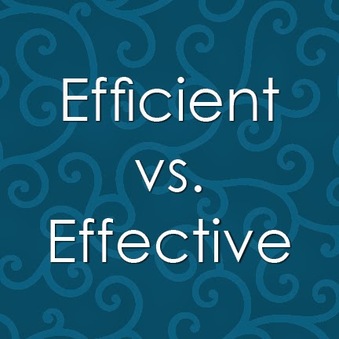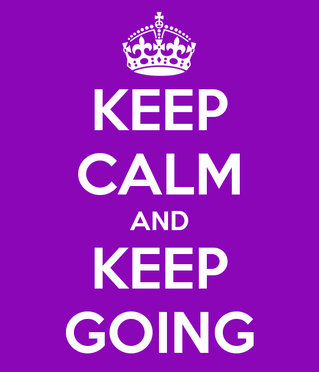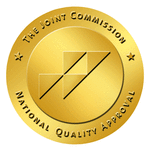
In today’s society we hear a lot about efficiency. There’s fuel efficiency with respect to cars, efficient ways of getting work done, highly-efficient air conditioners, efficient gasoline-powered lawnmowers, efficient calorie-burning activities and so on. Efficiency is often touted as the Holy Grail for the practical, capable, jack-of-all-trades type of individual. In essence, we’re told that efficiency should be at the top of our list. Getting things done in the right way is what counts. It has to be done a certain way in order to maximize our efficiency.
But when it comes to recovery, efficiency takes on a little different meaning. Sure, we want to be efficient in how we approach our recovery, how we create and revise our recovery plan on an ongoing basis, how we construct our daily schedule, even the manner in which we go about working the Twelve Steps.
But we should be careful not to interpret efficiency in recovery as doing whatever it is in the right way. There is no one right way to go about recovery. It’s different for each person. What works for one may not work for another, or may need to be paired with something else or done in a different order.
Instead of efficiency as a be-all and end-all in recovery, it may be better to consider effectiveness as the barometer of what works in recovery. After all, effectiveness is doing the right things. Let’s look at this for a minute.
We know that to remain clean and sober we have to abstain from all drugs and alcohol, or gambling or compulsive sex or overeating or workaholism. We also know that we need to have a workable plan of our own to help us navigate our way. We know that we may need to try many different approaches to find what works in our recovery toolkit. We know that we need to be resilient, adaptable to change, seek new clean and sober friends, and keep ourselves busy – the whole gamut of the right things to do.
When we spin our wheels and go off in all different directions, that is when we are likely to get into trouble. That’s when we aren’t acting effectively. If we’re so rigid in our approach that we believe that there’s only one way to do things and they absolutely have to be done in a certain way, our very rigidness is setting us up for a less-than-hoped-for outcome. We should strive to be flexible, keeping our minds open to the possibility of different approaches that may prove effective, and learn from whatever outcome we experience. This helps us gain in knowledge and strengthen our recovery. This is doing the right things. This is effectiveness in recovery.



 RSS Feed
RSS Feed
